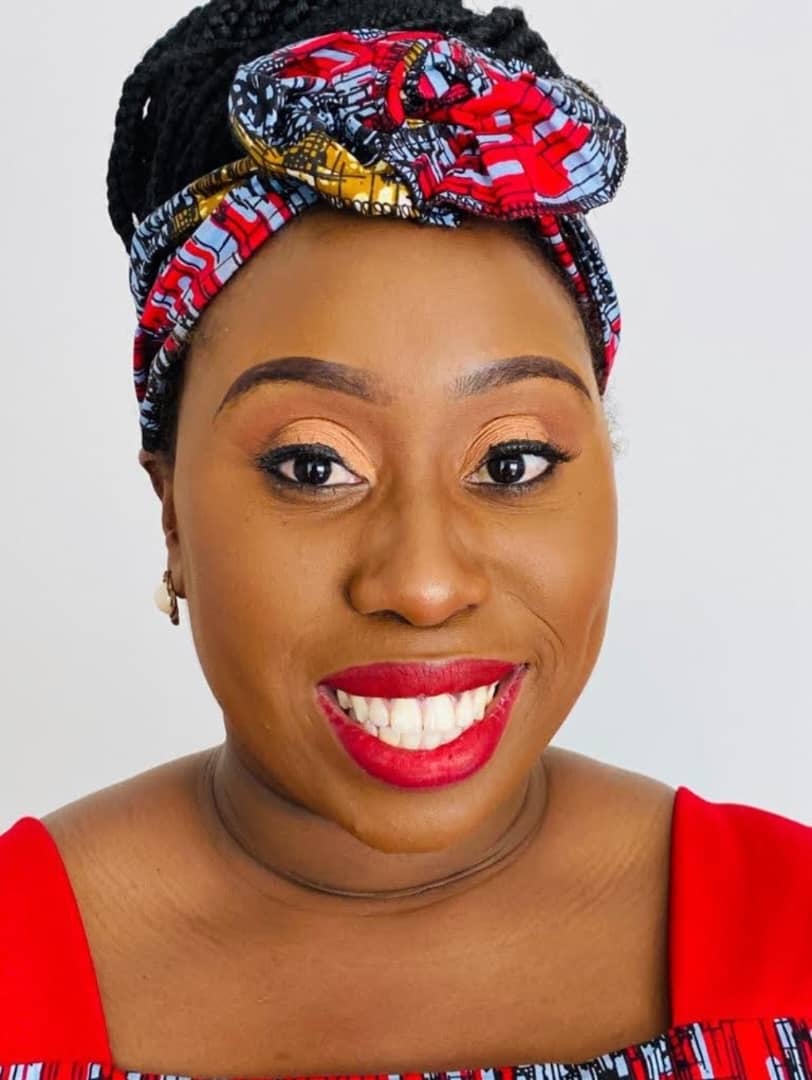By NYASHA Ngara
Strong, silent, and suffering inside: Real men don’t cry
Unexpressed emotions will never die. They are buried alive and will come forth later in uglier ways – Sigmund Freud.

In a world that often demands unyielding strength and resilience, the emotional battles fought by men hide in plain sight, obscured by societal expectations and stigmas. While all individuals irrespective of their gender can experience emotional struggles, there is a particular burden placed on men when it comes to expressing and processing their feelings. Since childhood, boys have been told “boys don’t cry” or “take it like a man,” or “man up”, these terms have created a culture of emotional suppression that has followed men into adulthood. Men who conform to these social standards frequently repress their genuine feelings, which has a negative effect on their general mental health and wellness. Today, let us embark on a journey into the heart of men’s mental health, exploring the challenges, dismantling the stigma, and illuminating the path towards healing and understanding.
The Mask of Masculinity: Unveiling the Expectations
The Burden of Silence: Society’s Unspoken Expectations: Across different societies, the expectations placed on men to be unflinching pillars of strength create a stifling atmosphere. The pressure to suppress emotions and portray an image of invulnerability can lead to internal struggles that often remain hidden. This stereotype is so deeply ingrained in our culture that many people believe it is natural for men to be less emotional than women. According to renowned psychiatrist Dr. Robert L. Leahy, “expectations for women and men to solve their problems are in stark contrast. Men are often expected to manage their emotions without support, which can result in unacknowledged difficulties and untreated depression.” The pressure to conform to traditional gender roles forces men to suppress their emotions and suffer in silence, exacerbating their mental health challenges. Society’s rigid definition of masculinity can leave men feeling isolated, vulnerable, and reluctant to admit their struggles or ask for assistance. These expectations can lead to a sense of shame or weakness that prevents men from addressing their mental health concerns.
This pervasive stigma surrounds men’s mental health, perpetuating the harmful notion that asking for help is a sign of weakness. The expectation that men shouldn’t cry or share their struggles not only denies them the cathartic release of emotions but also isolates them in a silent battleground. This silence can lead to profound suffering, as men grapple with internal storms, often hidden behind a facade of strength. Globally it has been reported that men commit suicide more frequently than women. According to the World Health Organisation’s (WHO) Prevention and Management of Mental Health Conditions in Zimbabwe Report of 2022, 1.8% of all deaths in Zimbabwe are attributed to suicide, with men contributing a higher rate than women. In a patriarchal society, that perceives men to be the provider, protector and ultimately the head and the foundation of the household this has been a main cause of stress among men leading to suicide.
The Weight of Unspoken Pain: Men grappling with mental health challenges may find themselves navigating a lonely road, unable to articulate their feelings for fear of judgment or ridicule. Many men become adept at masking their struggles, concealing their inner turmoil behind smiles and laughter. The art of appearing ‘fine’ becomes a coping mechanism, an attempt to conform to societal expectations while concealing the emotional storms within. One in 10 men will experience anxiety and depression, yet less than half of them will receive treatment for it. Psychiatrist Kevin Simon from Harvard Medical school states that – “men tend not to seek services or therapy because they’re just not even fully aware of the emotions they’re having.” Men just want to be seen and heard and they have so many emotions they’re holding onto but they might not have the resources to know where to start their healing.
Embracing Vulnerability: A Path to Healing
It is crucial to redefine strength within the context of men’s mental health. True strength lies not in an unfeeling exterior but in the courage to confront one’s inner struggles. It is an acknowledgment that vulnerability is not a weakness but a testament to the resilience of the human spirit. By dismantling the narrow definitions of masculinity and encouraging men to embrace their emotional selves, we can pave the way for a healthier, more authentic understanding of strength. We must redefine manhood and masculinity as this is a crucial component that adds to mental health challenges that men face due to societal pressures. Redefining manhood is not about rejecting traditional attributes of strength and resilience but expanding it to include other human aspects such as emotional intelligence, vulnerability, radical transparency and seeking help when needed. It is crucial that society accept that crying is a human expression of human emotions, and that it is not an expression of weakness in both men and women. Crying is human, boys and men are human, and they should have the liberty to cry without judgment being cast on them rather than suppressing their emotions. Frederick Douglas said: “It’s easier to raise boys than it is to repair broken men.” The journey to healing begins with shattering the silence. Men, across cultures, must be encouraged to speak openly about their mental health challenges, breaking free from the shackles of societal expectations that demand silence.
Fostering Support and Understanding
- Creating a supportive environment requires both community and cultural shifts. Communities must recognize the importance of mental health, challenging stereotypes and fostering an atmosphere where individuals feel safe seeking help. Initiatives that bring people together, fostering a sense of community support, can help dismantle the barriers to discussing mental health.
- Education is a powerful tool in dismantling stigma. Empowering men with knowledge about mental health, its prevalence, and the myriad ways it can manifest allows for a deeper understanding and acceptance. Mental health education programs, whether in schools, workplaces, or community centers, have shown to be effective in reducing stigma and fostering understanding.
- As a society we should promote healthy ideas about manhood, promoting ideas that align with positive societal changes among men which can help boost men’s mental health. Avoid phrases like “man up” or “shinga semurume” or “boys don’t cry” and instead use affirming words like “take care of yourself” or “its okay to not be okay” or “you are the man when you are kind and compassionate, you are the man when you authentic and transparent about your struggles”. This journey towards positive masculinity and mental health is a transformative process that will help reshape our understanding of what it means to be a man in today’s society.
In a world that hands out its first flowers at funerals, the narrative of men’s mental health stands at a crossroads – a junction where silence and vulnerability intersect. As we stand at this crucial intersection, I am reminded of a popular quote that says: “Men receive their first flowers at their funerals.” But must it be so? Must the acknowledgment of men’s emotional battles, the embrace of their vulnerability, be reserved for the final chapters of their stories? Let us envision a world where men need not carry the weight of expectations in solitude but can, instead, find solace in the embrace of understanding and compassion. A world where men are not merely recipients of posthumous flowers but active participants in a garden of emotional well-being. As I sign off on today’s article, I call society to redefine strength, to celebrate vulnerability, to create a world where men are seen, heard, supported during their journeys and not at the journey’s end. May the conversations around men’s mental health continue and may they resonate in our communities, homes, and hearts.
nyashangara6@gmail.com
hello@zimbawavemedia.co.uk




